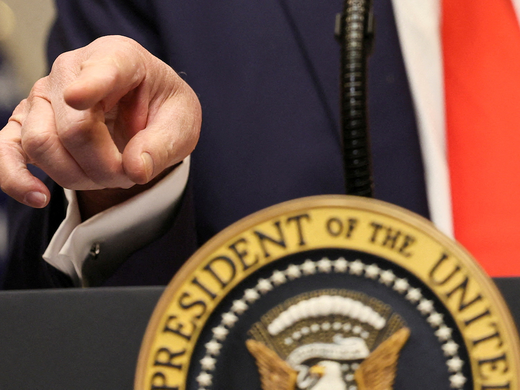Investor-state dispute settlement (ISDS) first emerged in public and parliamentary debates in the lead-up to Australia signing its FTA with the United States in 2004, and the official reason for excluding ISDS was mutual trust in each other’s domestic legal systems. However, a few civil society groups had also raised broader sovereignty concerns in opposition to the Organisation for Economic Co-operation and Development Multilateral Agreement on Investment. Debates intensified from 2010, when Australia joined with the United States (and then 10 other Asia-Pacific economies) to negotiate the expanded TPP, and especially since 2011 when Philip Morris Asia launched the first-ever (and still pending) claim against Australia, regarding its tobacco plain packaging legislation, under a 1993 treaty with Hong Kong. As well as opposition to ISDS from the political left, economists in the Productivity Commission (PC) were skeptical in a 2010 report on FTA policy, which generally urged Australia to refocus on unilateral and multilateral liberalization initiatives. In 2011, the (centre-left) Gillard government Trade Policy Statement (TPS) largely accepted the commission’s recommendations, including eschewing ISDS in all future investment treaties — even with developing countries. Criticisms emerged, as major bilateral FTA negotiations stalled, and after the (centre-right) Coalition government gained power on September 7, 2013, it reverted to including ISDS on a case-by-case assessment (with bilateral FTAs then concluded with Korea and China, but not with Japan, as well as the regional TPP). However, the Greens Party in particular continued to object, initiating an “anti-ISDS bill” in the Senate in 2014. The committee recommended against enactment, but ISDS continues to be discussed in other parliamentary inquiries (into ratification of the Korea and China FTAs, Australia’s treaty-making process generally and the TPP). However, there has still been almost no sustained analysis of how Australia’s domestic law protections for (all) investors compare to substantive protections for foreign investors under international customary and treaty law.


